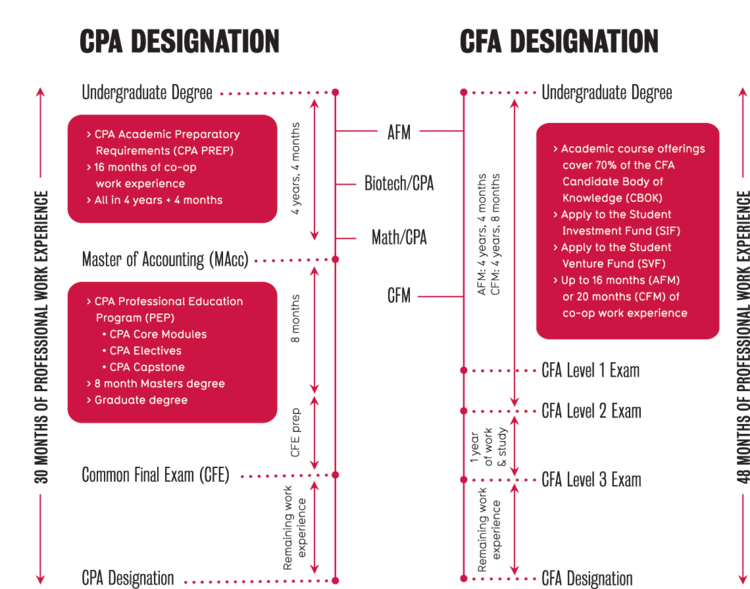
Also, event traders tend to use leverage to amplify their profits. Traders need to have a deep understanding of the asset classes, market dynamics, and various strategies in these markets. They need to figure out how to process large amounts of data quickly and correctly to make informed decisions about the financial markets in which they trade.
Stock Trader:Definition: Types, Vs. Stock Broker – Investopedia
Stock Trader:Definition: Types, Vs. Stock Broker.
Posted: Sat, 25 Mar 2017 21:57:15 GMT [source]
NerdWallet, Inc. does not offer advisory or brokerage services, nor does it recommend or advise investors to buy or sell particular stocks, securities or other investments. Trading can be a high-stress and competitive profession, which isn’t suitable for everyone. When markets are in a downturn, there is a high potential for traders to lose their jobs. To be a successful trader, people often need to attain specialized education, training, and experience, which can be time-consuming and expensive. Bureau of Labor Statistics (BLS), as of May 2021, the median annual wage came to $62,910 for securities, commodities, and financial services sales agents—a broader category that includes many traders.
Trading is a highly skilled profession that provides price discovery and liquidity in a multitude of financial markets, including stocks, bonds, currencies, commodities, or derivatives. Traders can either be entrepreneurs or work for investment banks, hedge funds, or proprietary trading firms. Also, they use various strategies and tools to look for opportunities as well as to exploit market inefficiencies or mispricing. A stock trader is someone who buys and sells stocks, whereas a stockbroker is a middleman or entity that helps a trader facilitate those trades. A stockbroker takes and executes stock orders on behalf of clients in return for a commission. Stockbrokers or brokerage firms may also offer additional services like equity research & analysis, market advice, portfolio management, and so on.
Beating the market, fraud and scams
The main difference between a trader and an investor is the duration for which the person holds the asset. Investors tend to have a longer-term time horizon, while traders tend to hold assets for much shorter periods to capitalize on short-term trends. Being an investor is a broad term for anyone who invests money into something, but some investors specifically focus on buying and selling stocks for profit. Investors can also use their profits from trading securities to fund other investments, such as real estate or angel investing.

By buying a diversified fund or mix of investments, investors may be able to benefit from the historic long-term returns of the stock market with little effort. Investing is buying an asset, like an individual stock, mutual fund, or exchange-traded fund (ETF), in hopes of increasing your money over time. Because most people invest for long-term goals, like buying a house, paying for college, or saving for retirement, they tend to hold these assets for a long time—meaning years, if not decades.
trader Business English
In most cases, those decisions involve extended periods of time and are based on buy-and-hold investment strategies. Value investing is a clear example, as the strategy is based on buying stocks that trade for less than their intrinsic values and selling them when their value is recognized in the marketplace. Most value investors are known for their patience, as undervalued stocks often remain undervalued for significant periods of time. A stock trader is a professional who buys and sells shares of publicly traded companies in order to make a profit. Stock traders work for themselves or for financial firms, and they use their expertise and knowledge of the stock market to identify opportunities for profit.
What Are Retail Investors? Definition & Market Impact – TheStreet
What Are Retail Investors? Definition & Market Impact.
Posted: Fri, 10 Mar 2023 08:00:00 GMT [source]
Regulatory risk stems from the in-depth relationship between government and businesses. Governments constantly pass laws and institute regulations that can significantly impact individual companies or the equity markets as a whole. In the aftermath of the 2008 financial crisis, government regulation of investing and the financial services industry expanded substantially and has affected all of the financial markets. It’s estimated that merely the costs of compliance with the comprehensive Dodd-Frank Act of 2010 have decreased return on assets (ROA) for small, community banks by as much as 14 basis points. Institutional stock traders use the firm’s money and typically focus on short-term trades. Stock investors use their own money to buy securities and typically are not short-term traders–although, some retail traders are also short-term traders.
Where to trade stocks
By the time you hear that a certain stock is poised for a pop, so have thousands of professional traders. It may be too late to make a quick turnaround profit, but that doesn’t mean you’re too late to the party. That’s a good argument for treating active investing as a hobby and not a get-rich-quick scheme. Stocks, bonds, currencies or foreign exchange, options, futures, commodities, cryptocurrencies, and exchange-traded funds (ETFs) are the most common type of assets that are traded.
And while the broader stock market has recovered, not all company stocks have. Buying individual stocks, like many traders do, raises the risk that you could lose the money you invest. Diversified funds, meanwhile, spread your money across hundreds of companies. This helps smooth out any dips individual companies may experience by supplementing their performance with other companies’ stronger returns.
Position Trading
In the distribution of investors, many academics believe that the richest are simply outliers in such a distribution (i.e. in a game of chance, they have flipped heads twenty times in a row). When money is stock trader meaning put into the stock market, it is done with the aim of generating a return on the capital invested. Many investors try not only to make a profitable return, but also to outperform, or beat, the market.

Issuers that are rated as possibly defaulting on their interest payments to investors are forced to offer higher rates of interest in order to attract buyers willing to accept a higher level of risk. Another important note on debt securities is that they offer a wide range of maturities, from short-term securities that mature in a matter of months, all the way to 30-year Treasury bonds. An equity trader is someone who participates in the buying and selling of company shares on the equity market.
Investment Banker
They must be able to analyze market trends and make quick decisions based on changing market conditions. They also need to manage risk effectively, as trading stocks can be risky and volatile. In addition, stock traders must be able to manage their emotions and avoid making impulsive decisions that could lead to losses. Many stock traders work long hours and have high stress levels, but the potential for high earnings and the excitement of the markets make the job appealing to many people.
- Regulatory risk stems from the in-depth relationship between government and businesses.
- Swing traders can hold a position for days with the goal of capturing the majority of a move in a security’s price.
- Day trading sits at the extreme end of the investing spectrum from conventional buy-and-hold wisdom.
- These opportunities can occur in stocks, bonds, currencies, and commodities over different exchanges or geographical regions.
If you invest money you need to cover near-term costs, you may have to sell at a greater loss than inflation alone would have cost you. Political risk can be defined as any risk that corporations or investors face due to political decisions, events, or conditions. Any changes in government, legislative bodies, trade policy, or foreign policy by one or more countries can be factors of political risk.
Similar to someone who invests in the debt capital markets, an equity trader invests in the equity capital markets and exchanges their money for company stocks instead of bonds. A securities trader, also known as a stock trader, is a person who buys and sells tradable assets, such as stocks or bonds. Successful securities traders are masters at watching macro- and micro-economic trends and predicting the future of their investments. Successful stock traders need a combination of skill, knowledge, and discipline.
People posting in online stock-picking forums and paying for ads touting sure-thing stocks are not your friends. That’s when shady people purchase buckets of shares in a little-known, thinly traded company and hype it up on the internet. Trading stocks can bring quick gains for those who time the market correctly. A single company’s fortunes can rise more quickly than the market, but they can just as easily fall. These opportunities can occur in stocks, bonds, currencies, and commodities over different exchanges or geographical regions.